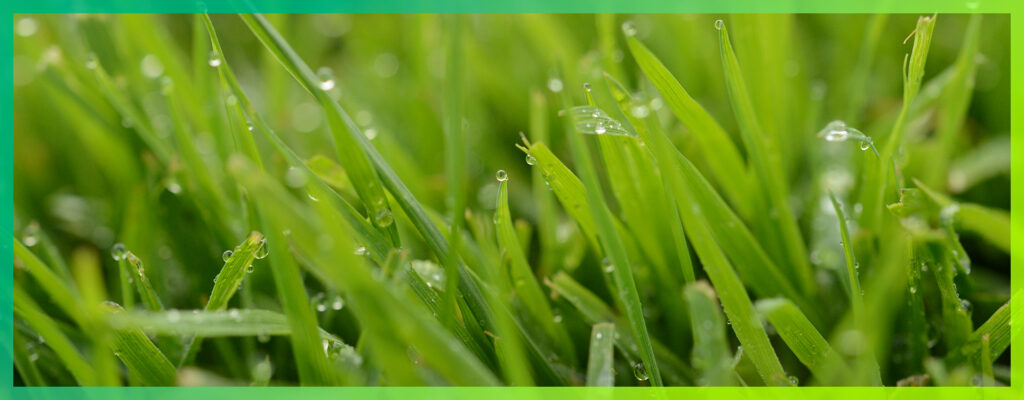Most turf managers are aware of the importance of potassium nutrition for turfgrass since proper levels of K in the plant are essential for its survival. However, methods of supplying K to the plant effectively and consistently can often be elusive.
The grass plant depends on osmotic regulation to survive abiotic stressors. This is the mechanism responsible for the plant’s ability to withstand hostile environmental challenges, such as low or high temperature, deficient or excessive water, as well as high salinity.
Under drought stress conditions, K regulates stomatal opening and helps plants adapt to water deficits. Under salt stress, K helps to maintain ion homeostasis and to regulate the osmotic balance. In situations where soil sodium is excessive and K is deficient, the plant will take up sodium instead of potassium. This leads to the accumulation of Na in plant cells, which is toxic.
For plants to effectively withstand the extremes of winter, a good supply of available potassium in fall is necessary for the formation and storage of sugar in cells.

K is an activator of a multitude of metabolic processes, including protein synthesis, sugar transport, nitrogen and carbon metabolism, and photosynthesis. Adequate K is essential for the proper function of metabolic processes that defend against pathogens.
Potassium is important in water utilization, hence the adage “Potassium is the poor man’s irrigation”. K is also a major key for encouraging strong cell wall development, hence a hardier plant.
Turf managers often fight symptoms of K deficiency without knowing the origin of the problem. Symptoms like chronic disease, propensity for wilting, lack of turf vigor and hardiness, may be the result of inadequate K.
In reviewing many soil tests in the Northeast, I have observed K deficiency at a surprising level. Even when there appears to be adequate K levels in standard soil tests, it is often quite deficient on paste extraction tests. This testing method reveals the levels of plant-available nutrients in the soil solution.
Addressing K deficiencies effectively during the period of demand may require new thinking. The industry standard of regularly applying a pound of potassium sulfate does not always result in sufficient K nutrition. Redox offers exceptional tools to supply K in a form the plant can readily utilize.
Redox TurfRx K+ Micro Crystals 0-31-50 provide effective K (and P) nutrition. The K coupled with proprietary soluble carbon compounds improves respiration, as well as increases antioxidant production for defense against biotic and abiotic stresses. Metabolic processes involved in signaling and the production of plant defense compounds depend on correct levels of potassium. Consistent use of TurfRx Fairway+ 1-7-12 is another excellent choice to ensure available potassium is delivered to the turf.
Clearly, potassium is a key nutrient in plant health. However, it is needed in correct balance with other essential nutrients. Again, soil testing is the most comprehensive method of managing nutrients. Paying attention to sufficiency levels only addresses part of the equation.

The relationship of potassium with other cations in the base saturation is also part of effective plant nutrition. Potassium needs to be in the correct balance with Ca, Mg, and Na on a standard soil test. Taking it a step further, the soluble cation ratio found in the paste extract test provides information on the ratio of plant-available Ca, Mg, K, and Na.
The benefits of correcting K deficiencies can result in a much healthier stand of turf, as well as a reduction of mid-day watering, facilitation of better winter survival, and the activation of effective disease defenses. Consistent application of K throughout the growing season produces stronger plants that are better able to handle environmental extremes and tolerate wear from traffic.
Subscribe to receive our Redox Bio-Nutrients updates